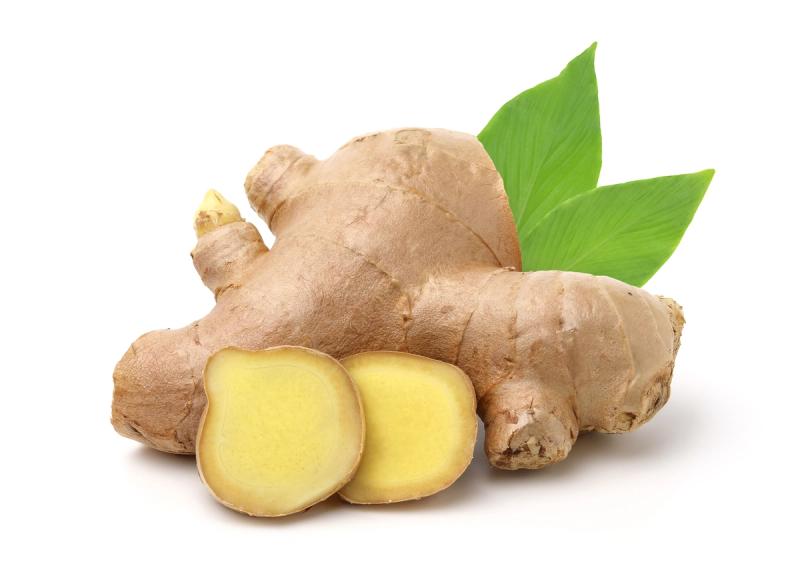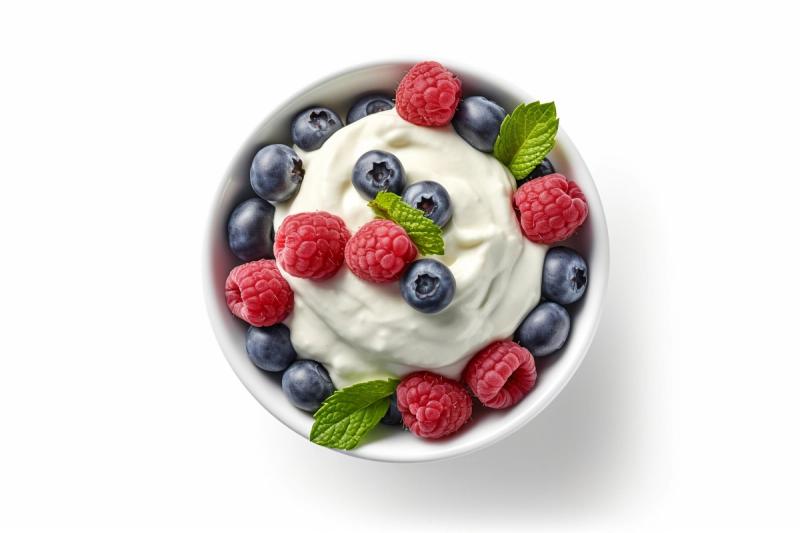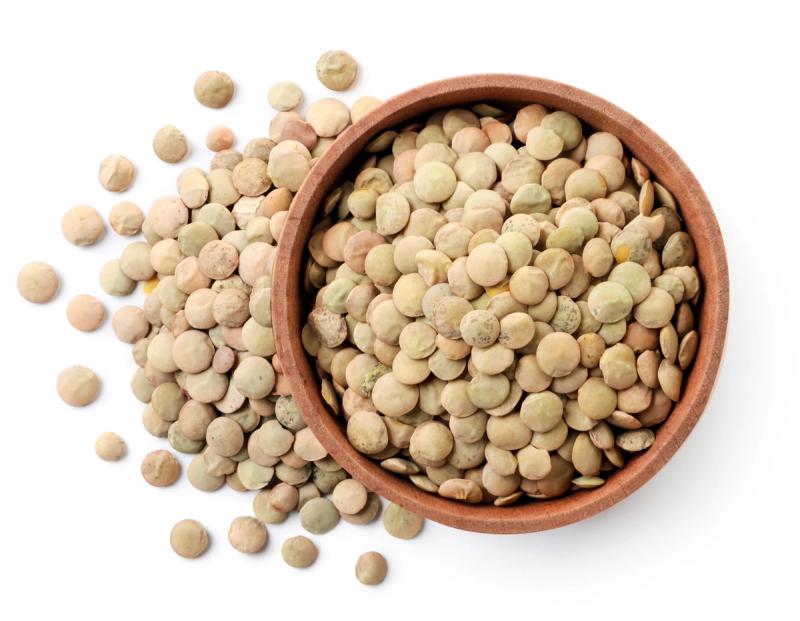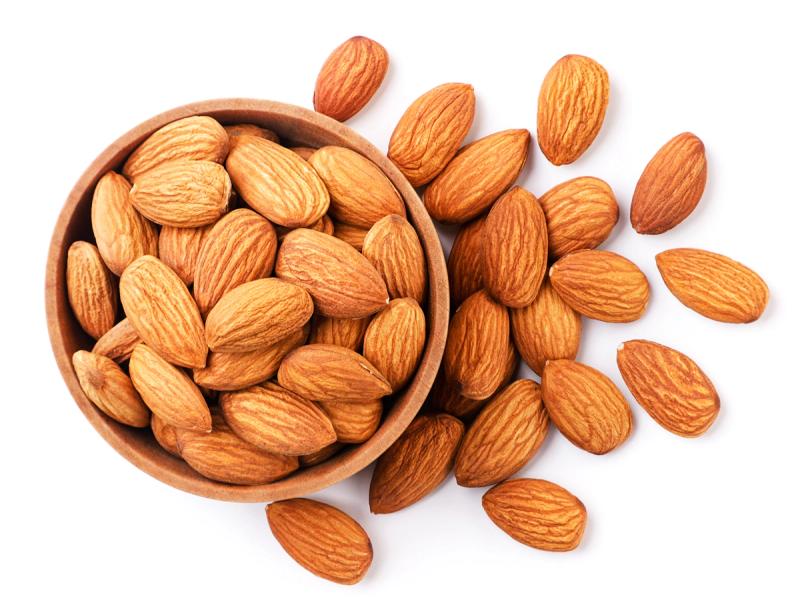Too Much Holiday Cheer?
5 foods to improve gut health


Between now and the new year, most of us show no mercy to our diet, enjoying unusually high (and often fun) quantities of sugar, alcohol, carbohydrates, and food in general. And that can lead to an unhealthy gut.
Adding gut-healthy foods into your diet along the way can be a great way to combat a wide range of health problems and stave off after-holiday queasiness.
Take care of your microbiome and it’ll take care of you, some say. The superfood supplement store Human Tonik suggests five foods can contribute to a healthier gut.
1. Ginger
Ginger has many surprising health benefits. It can help with congestion, reduce heartburn, and even promote weight loss. However, ginger can also be used to provide relief for an upset stomach and other digestive issues and support a healthy gut.
Gingerol, a natural compound found in fresh ginger, is packed with anti-inflammatory and antioxidant properties that can help restore gut balance. Ginger also helps promote digestion, meaning food doesn’t linger around in your gut for an extended period.
Add chopped ginger to your tea or hot water in the mornings. You can also blend it into a smoothie. If you’d rather take supplements, ginger capsules can be taken daily to improve gut health.

2. Bananas
Eating one or two bananas a day can seriously improve gut health. Bananas contain inulin, a fiber substance that stimulates the growth of good bacteria in the gut. Inulin is a prebiotic that can help develop a microbiome and provide fuel for good bacteria to live in your gut. Eating inulin-rich foods can help your bacteria perform activities that keep your gut healthy.
Bananas are also a rich source of fructooligosaccharides, which act as a probiotic and promote the growth of good bacteria in the digestive tract, which ultimately helps with digestion.
The carbohydrates in bananas are also easily broken down so it is gentle enough to be eaten when suffering from stomach ailments. Plus, bananas restore lost electrolytes back into the body.
3. Yogurt
Yogurt is probably the first food you think of when it comes to gut health. Rich in probiotics, which are live microorganisms that keep the gut microbiome healthy, yogurt can help with gut issues such as bloating.
Having a proper balance of bacteria in your gut improves digestion and can block dangerous organisms that can cause infections and boosts your immune system. Foods such as yogurt can also help your body absorb vital nutrients from food.
However, not all yogurt is live with probiotics, so be sure to read the label and search for ones that contain live bacteria. High-protein yogurt with minimal sugar is the best.

4. Lentils
Lentils are a versatile food rich in nutrients such as iron, B vitamins, magnesium, potassium, and zinc, as well as “resistant starches,” which contribute to gut health.
Resistant starches are carbohydrates that do not break down into sugar and are not absorbed by the small intestine. They pass through most of the digestive system unchanged, usually fermenting in the colon. They then decrease the pH level in the colon to help create an environment where beneficial bacteria thrive.
You can add lentils to your soup, pasta, and salads. You can also bake them with chicken or fish in the oven or simply serve them as a side dish.

5. Almonds
Almonds are high in fiber, which can increase the production of butyrate, a short-chain fatty acid that promotes gut health. Eating a handful of almonds a day can positively affect our overall gut health.
Butyrate is produced by gut bacteria and supports digestive health. It promotes the growth of villi, microscopic extrusions that line the intestines, and enhances the production of mucin, a gel-like substance that coats the inside of the gut and keeps it healthy.
However, it should also be noted that almonds are high fat, so while a handful of almonds a day is recommended for gut health, be sure only to eat them in moderation. Adding almonds to your breakfast smoothies or yogurt is a great way to get them into your diet.

Signs of an unhealthy gut
Do you know some of the signs and symptoms of an unhealthy gut?
Upset stomach—this could include gas, bloating, and even heartburn
Unexplained weight changes—gaining or losing weight. An imbalanced gut can make it difficult for your body to regulate blood sugar and store fat.
Fatigue—Poor gut health can cause broken sleep cycles, which may cause extreme tiredness
Skin issues—Poor gut health can contribute to eczema, psoriasis, acne other skin conditions

Thanks to humantonik.com for information for this article.
Tags:Acreage Accents

Acreage Life is part of the Catalyst Communications Network publication family.
















